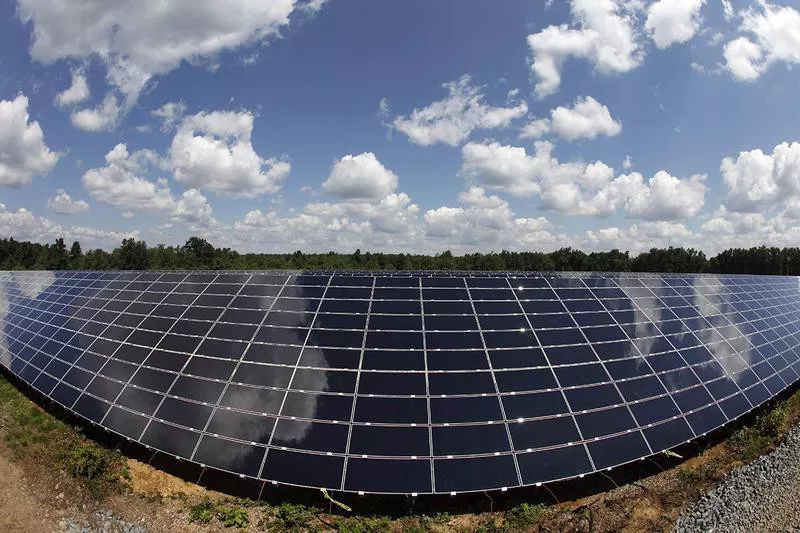
NASCAR Solar Power Auto Racing Download Comp
Tag as…
Cancel Apply
NASCAR SOLAR POWER AUTO RACING
Overview Download now
This July 30, 2010, photo shows a field of solar panels at Pocono Raceway, in Long Pond, Pa. When Pocono Raceway flipped the switch on its 25-acre solar farm last week for the Pennsylvania 500, a NASCAR track became the world’s largest solar-powered sports facility and thrusted the racing series into a leading role among U.S. sports in promoting alternative energy. Matt Slocum / AP Photo
Why it matters: Auto racing has a big environmental impact, so Pocono Raceway took steps to leave “green” footprints.
The Pennsylvania racetrack has not only changed the game in terms of solar-powered stadiums. It also gives back to its local community.
The solar panels on the racetrack’s roof offset more than 2,300 metric tons of carbon dioxide annually, and they also power almost 300 private homes near the facility.